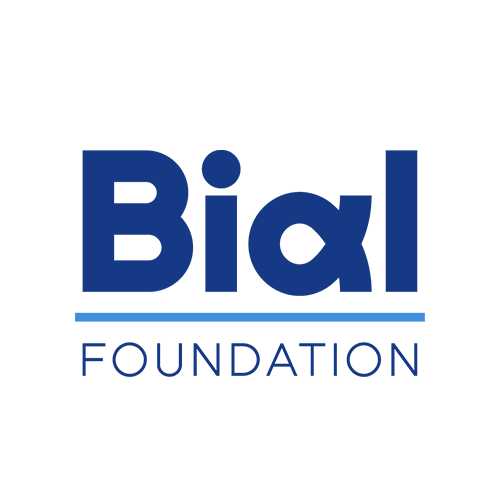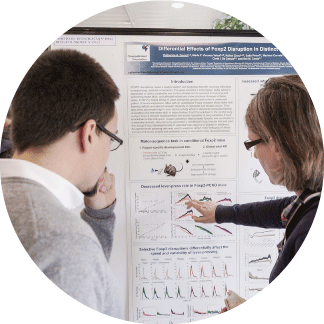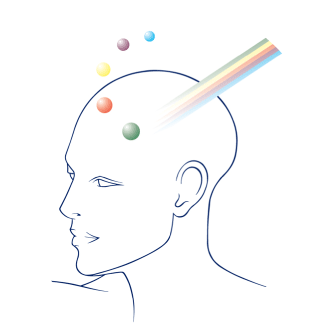News
Top Stories

Ayahuasca-induced personal death subjective experiences
Researchers analysed studies on self-reported experiences related to the sensation of death during ayahuasca ceremonies.

Could we have psi abilities if our brains didn't inhibit them?
Research tests a novel neurobiological model and concludes that the frontal lobes of the brain act as a filter to inhibit humans' innate psi abilities.

The impact of after-death communication in bereavement
A study with 70 participants who experienced after-death communication with deceased partners reveals that the majority found it comforting and helpful in their bereavement.
News
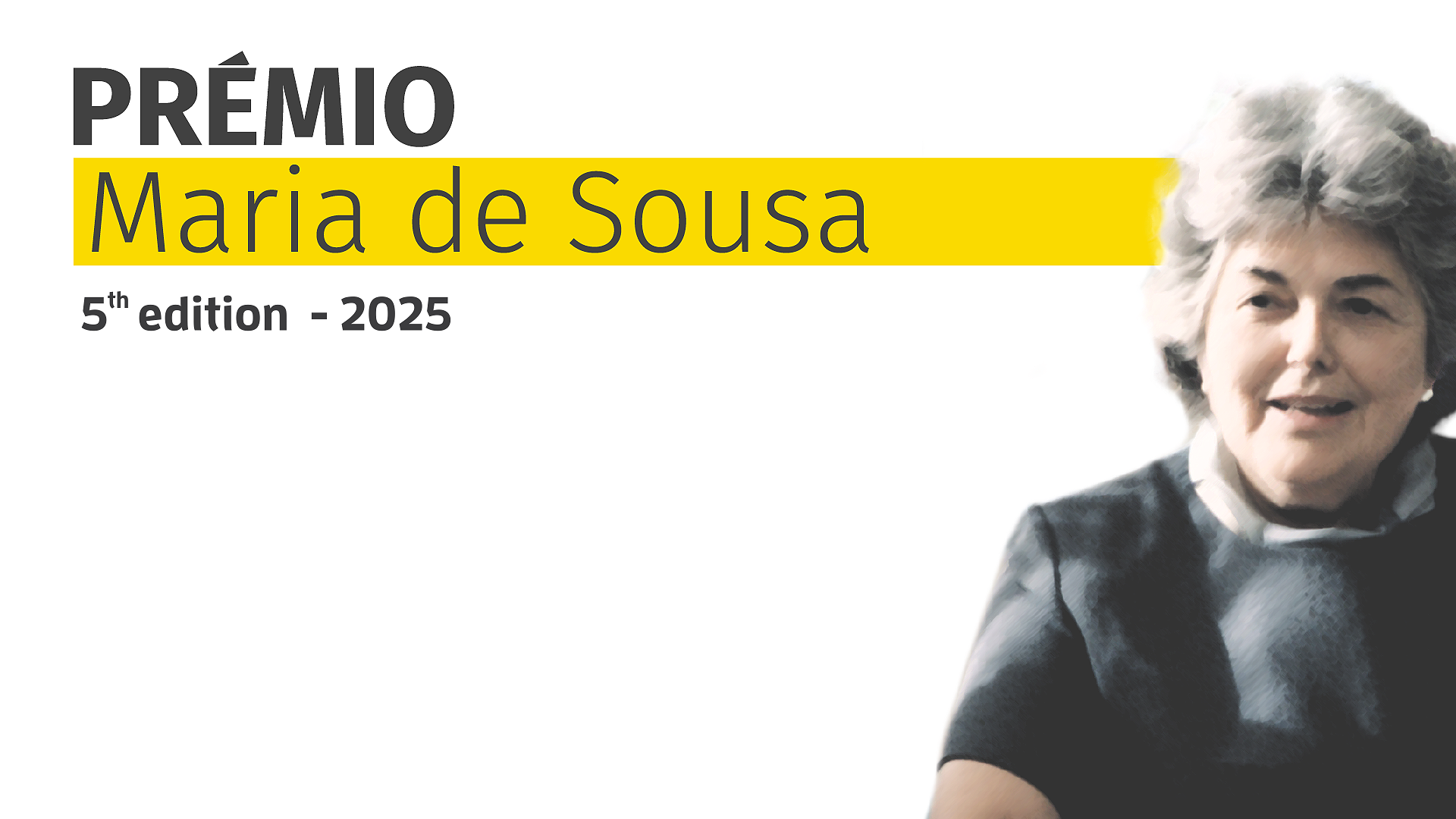
Maria de Sousa Award 2025: applications are open until May 31
The Maria de Sousa Award aims to award and support young Portuguese researchers, aged 35 or under, with scientific projects in Health Sciences.
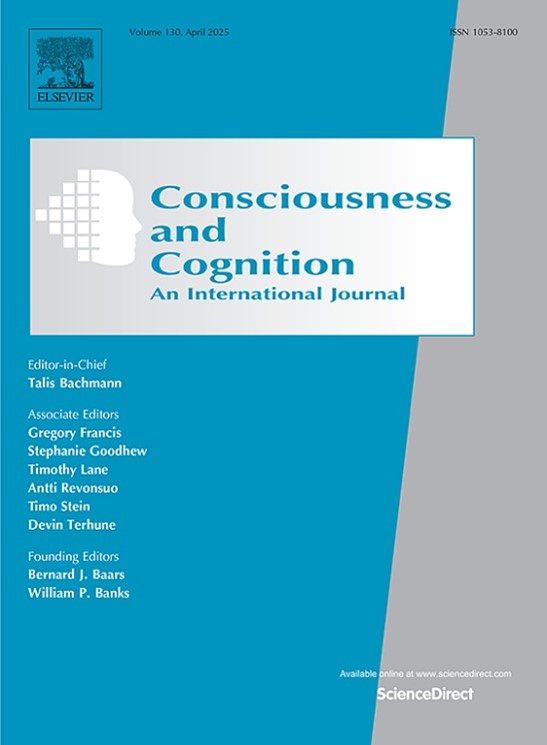
The brain captures emotions before we are aware – but how and with what effect?
A study supported by the BIAL Foundation shows that faces with fearful expressions are detected more quickly than those with angry or happy expressions.
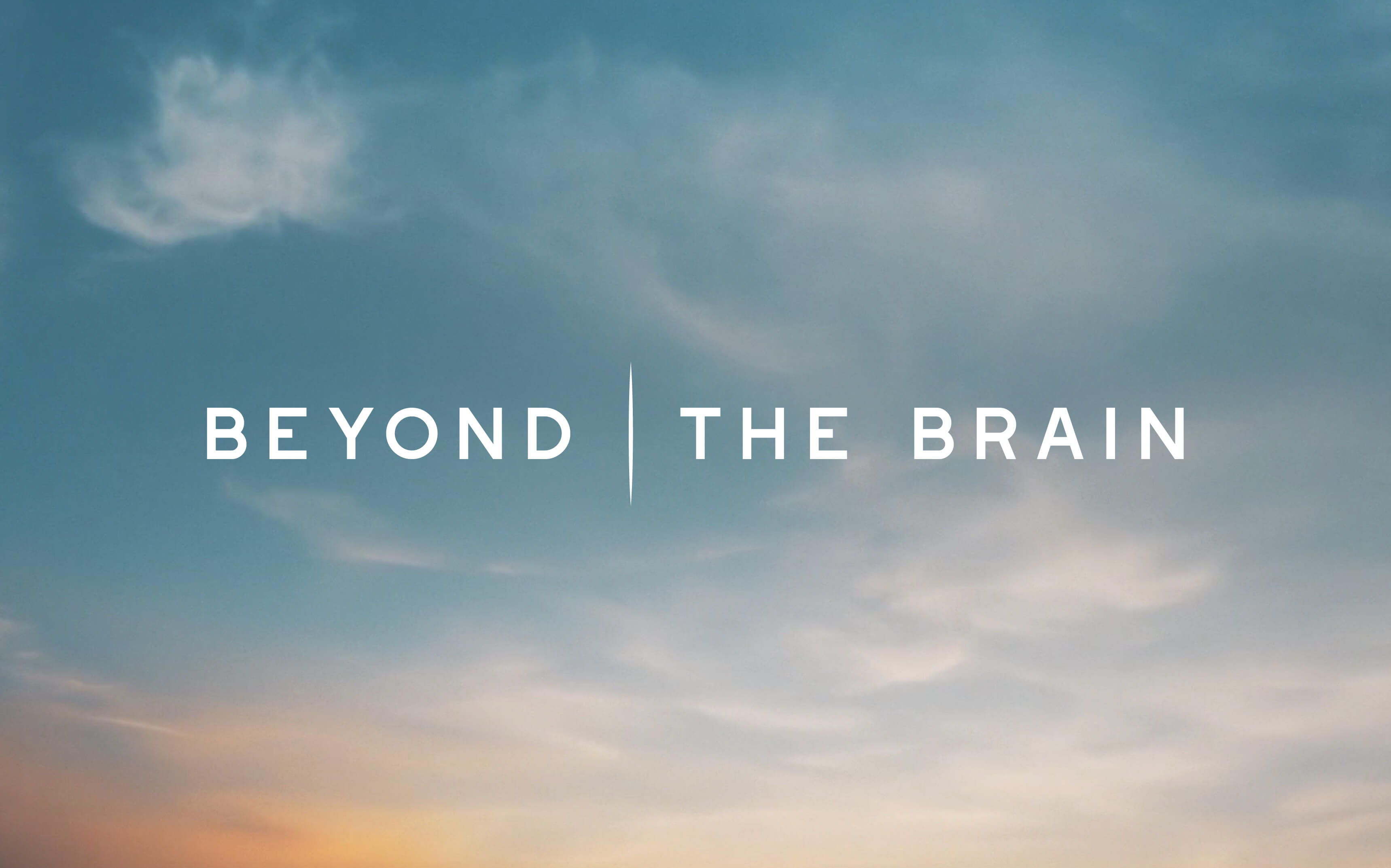
Docuseries “Beyond the Brain” premieres on 12th May on RTP1
Presented by RTP, with the support of the BIAL Foundation, this docuseries presents the scientific research into the human mind and its multiple dimensions.


